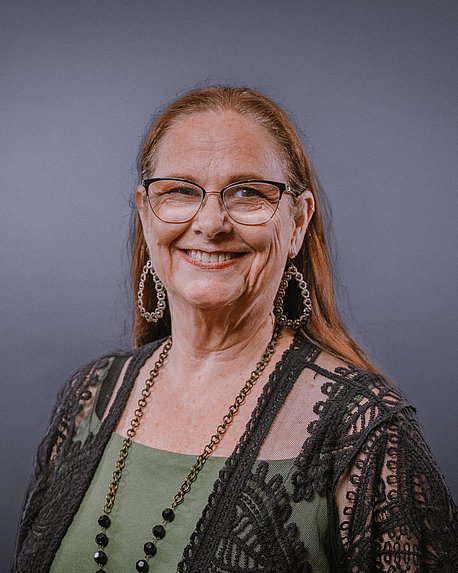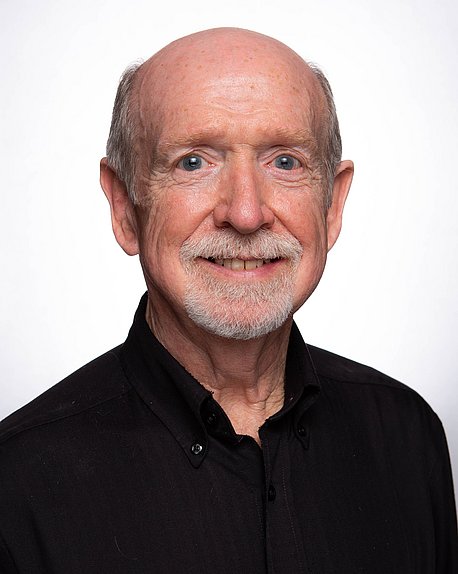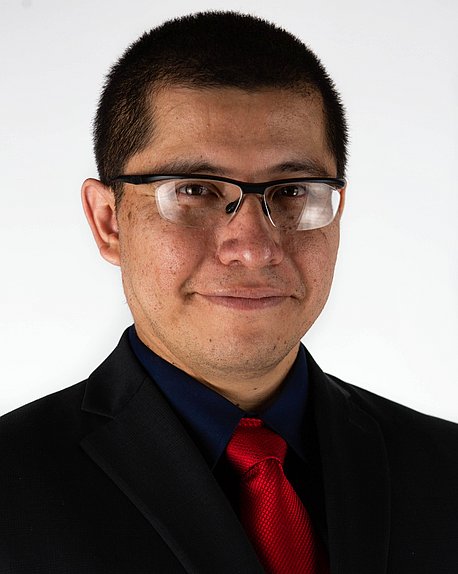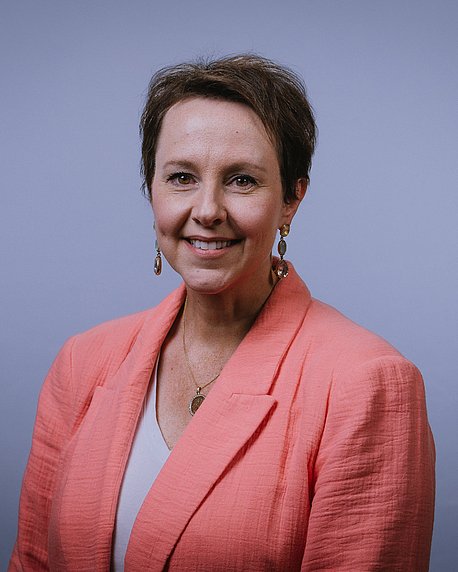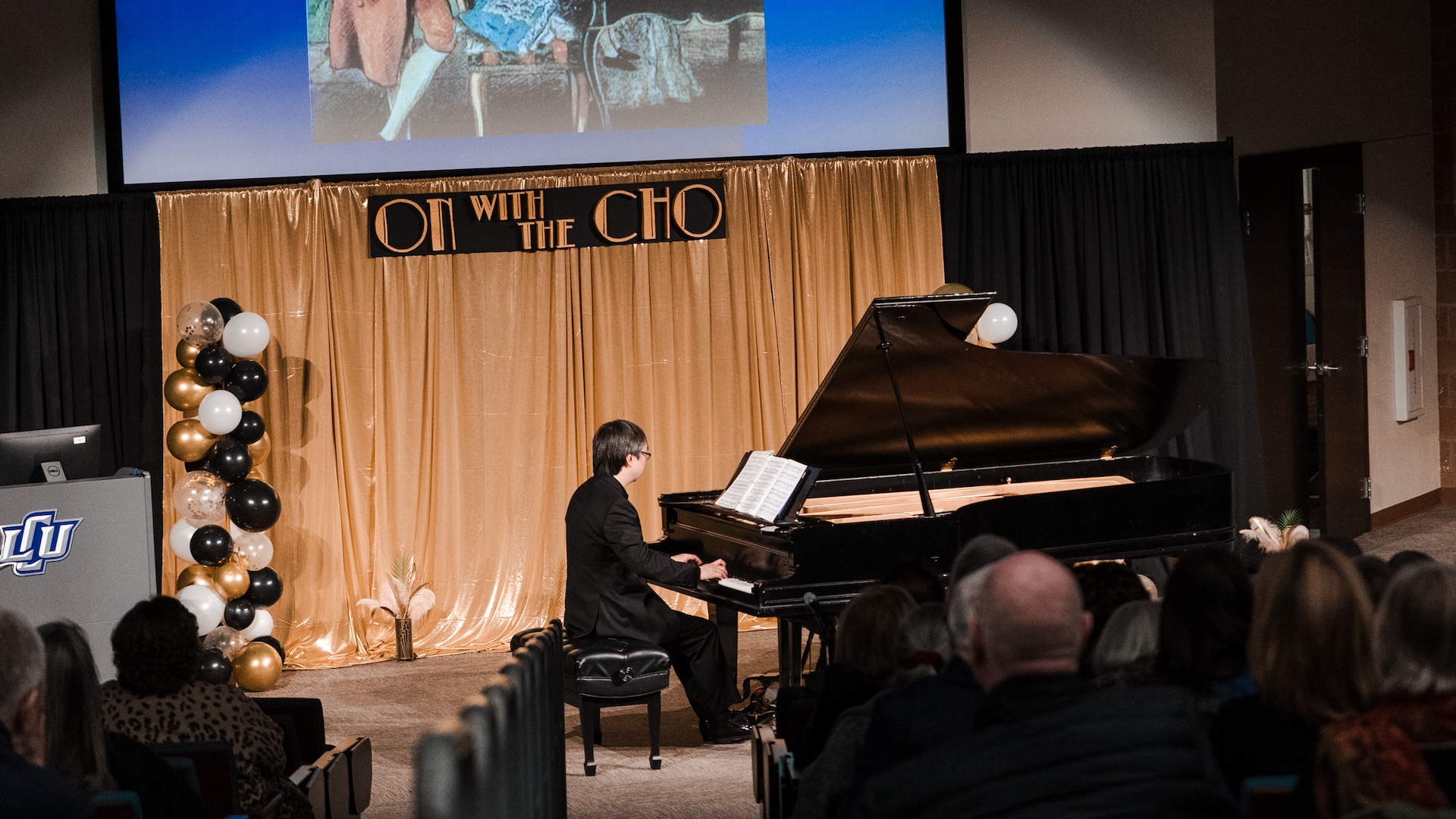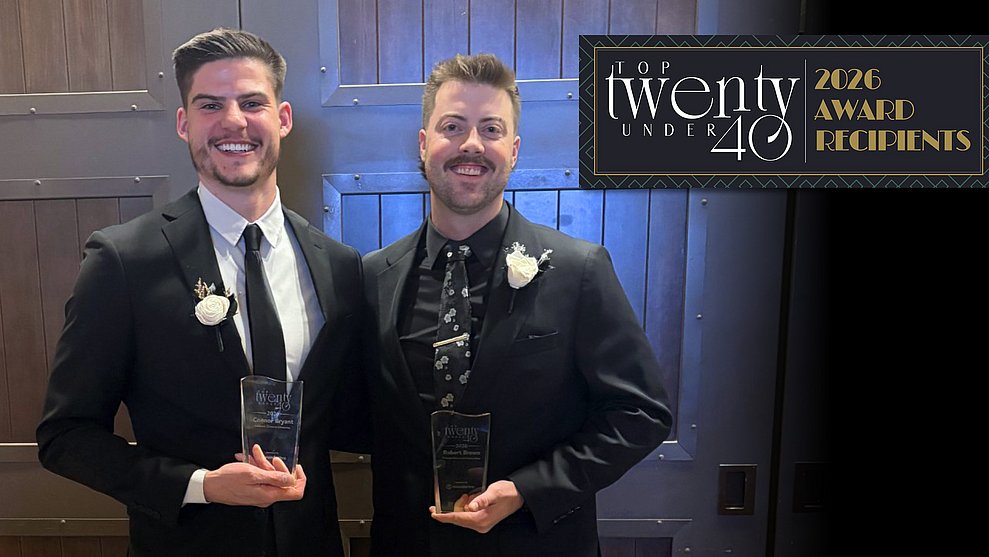
- The term “Humanities” arose about 600 years ago in Italy when a group of Renaissance philosophers went back to ancient texts written in Latin and Greek because they believed these texts were more centered around humans.
- The “humanists” dedicated themselves to studying what it means to be human.
- Although in contemporary society the term “humanism” has been shifted to have a more secular meaning, the original humanists approached this study from a Christian perspective, believing that humans are the greatest creation of God, but focusing on man as an imperfect, creative being who is a product of history.
- Today, what we call “the humanities” concentrates on a very broad range of interests, looking at many different cultures, periods in history, and areas of study, including history, philosophy, languages, linguistics, literature, archaeology, law, history and criticism of the arts, ethics, and comparative literature.
- In our Humanities Department, we teach the humanities from a Christian perspective, focusing on people as God’s creation and our history, society, culture, and literature and works deserving of study.
At LCU, the Department of Humanities offers classes in English, Geography, Government, History, and Humanities with several bachelor’s degrees and minors to offer students the most well-rounded and thorough undergraduate education.
The Department of Humanities includes majors in English, History, Humanities, and Museum and Heritage Studies, as well as Minors in Creative Writing, English, History, Humanities, Film Studies, and Law and Government. The disciplines of reading, research, and writing prepare students for graduate work and for many different career areas that focus on both oral and written communication and critical thinking skills.
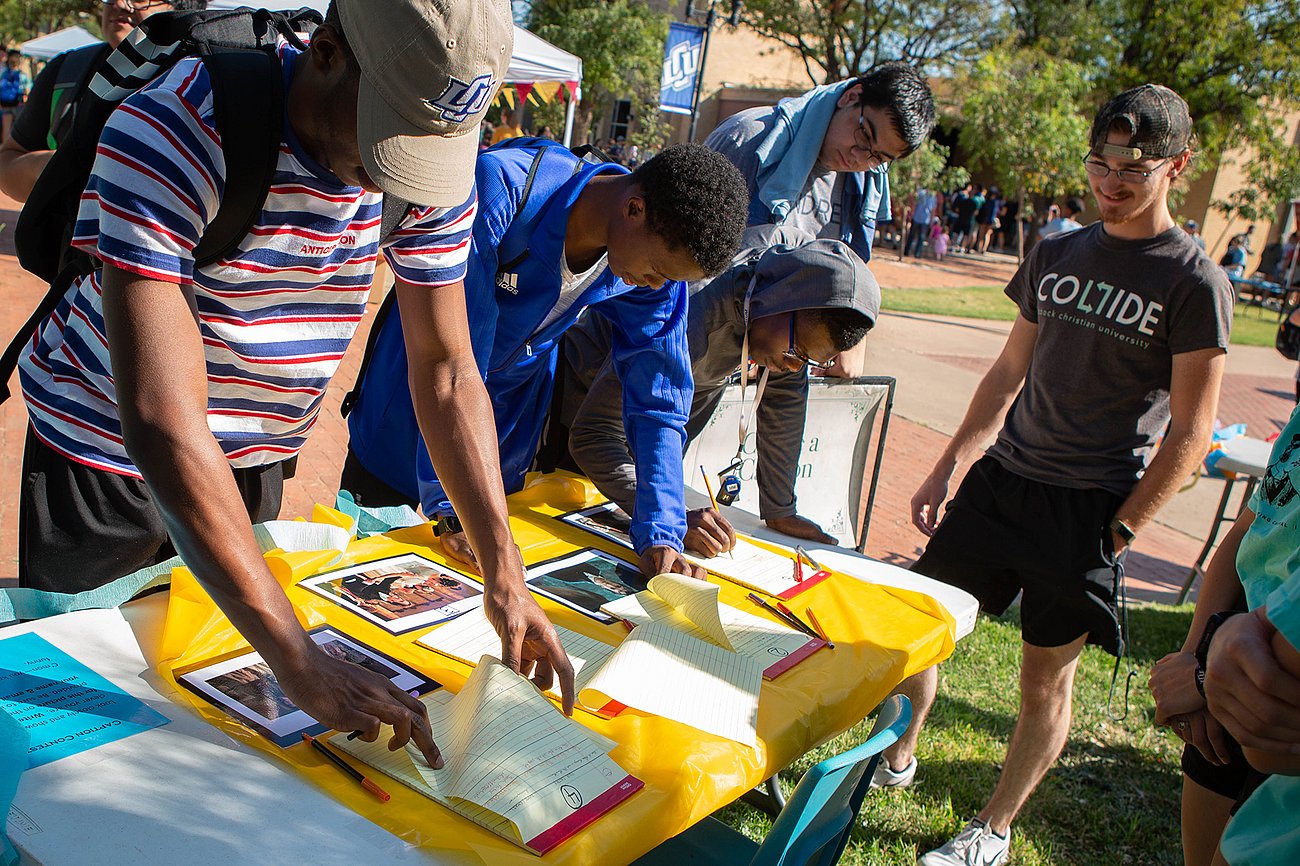
To Encourage Thoughtful Reflection
Whether studying social structures and political dynamics, exploring the history of peoples and cultures, interpreting literature from the classical age to the present day, or writing well-researched and creative essays, our students are encouraged to reflect thoughtfully upon life's most important issues.
To Foster Learning and Growth
The search for knowledge and pursuit of wisdom are both intellectual and spiritual, for the learning process is a growing process. Moreover, as we study the social, political, and literary developments throughout human history, we often consider the nature and the traditions of religious expression, opening ourselves to questions that challenge our minds and engage our hearts.
Click here to view the most recent edition of the Chap Book - LCU's student literary and arts journal.



